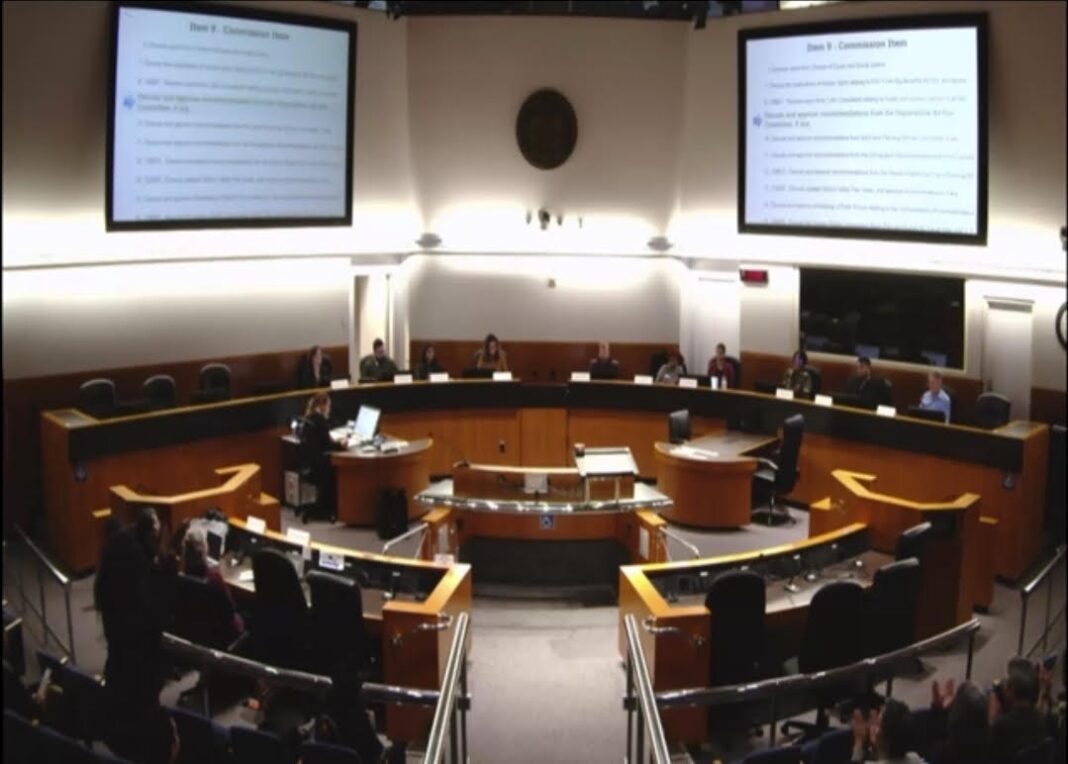Advocating for Reparations: An Evening of Voices in Santa Clara County
On the evening of Thursday, November 13, a pivotal gathering unfolded in San Jose, California, as approximately 25 concerned citizens convened at the Santa Clara County Human Rights Commission meeting. The primary topic on the agenda: the advocacy for reparations for African Americans. This meeting served as a platform for diverse voices calling for the establishment of a reparations task force to be formed under the guidance of the board of supervisors.
A Collective Call for Action
Organizations such as the African American Community Service Agency (AACSA), Afro-UPRIS, the National Coalition 100 Black Women, the NAACP San Jose/Silicon Valley, and Nikkei Resisters joined forces to support the call for reparations. These groups underscored the urgent need for systematic change in a county where African Americans are not only a minority but face significant socio-economic challenges. With African Americans making up around 2.2% of the county’s population, they constitute a staggering 19% of the unhoused individuals, shedding light on the disproportionate struggles faced by this community.
Speaking Truth to Power
During the meeting, Tomara Hall from Afro-UPRIS passionately addressed the commission, highlighting the alarming rise in rent costs over the past decade. Hall revealed that over 30% of the Black community in the county is severely cost-burdened, a reality she herself experiences as a teacher. Her words resonated deeply as she requested the commission to support reparations, referencing the United Nations’ calls for restitution and justice for marginalized communities.
The Weight of History
Susan Hayasa of San Jose Nikkei Resisters brought a historical perspective to the discussion, drawing from her experiences as a veteran of the 1980s reparations movement for Japanese Americans who were unjustly incarcerated during World War II. Hayasa advocated fervently, stating, “Reparations are overdue and it is possible; reparations for slavery is deserved. Reparations is the only way to fix systemic injustice and inequities.” Her comments served as a reminder that the fight for reparations is not just about financial compensation but about acknowledging historical wrongs and paving a path towards healing.
A Moral Imperative
Milan Balinton, the executive director of AACSA, echoed a similar sentiment, quoting Coretta Scott King: “Struggle is a never-ending process. Freedom never really won, you earn it and you win it in every generation. And this is our generation to win it.” Balinton emphasized that seeking reparations is not merely an act of charity; rather, it is a “moral and civic responsibility.” He framed reparations as an investment in justice, healing, and a harmonious future for all communities.
The Path Forward
Following the impassioned speeches from community advocates, the commission took a decisive step by voting unanimously to forward the recommendation for a reparations task force to the board of supervisors. This marks a significant milestone in the push for reparative justice, as the commission’s action will now be deliberated in the Children, Seniors and Families Committee.
The meeting showcased not just the urgency of the reparations discussion but also the solidarity within the community as it mobilizes for justice. The road ahead may be long, but the voices echoing in Santa Clara County are determined, reminding us that the fight for reparations is an integral part of the broader struggle for equality and justice.



